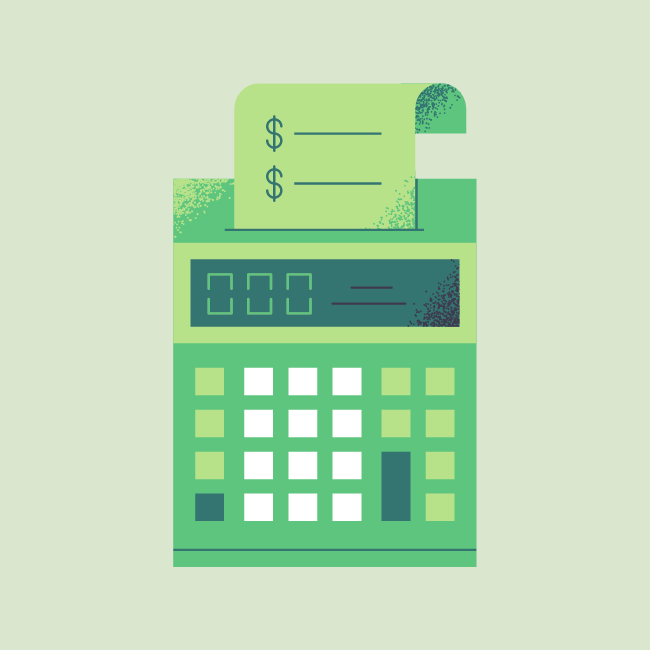Financial wellness, why is it important?

Financial wellness revolves around effectively managing your economic life. This simple concept encompasses many factors. It also includes spending within one’s means and being financially prepared for emergencies. Aside from that, it also means having access to the information and tool necessary to make good financial decisions. Then, it could also mean having a plan for the future.

Financial wellness, why is it important?
Financial wellness has become another form of self-care.
It doesn’t end with having enough money and knowing what to do with it. This recognizes that money isn’t an end destination. Instead, money is a tool we use to live our happiest, healthiest, and best lives possible.
Money is a trading system. You exchange your life’s energy for whatever you want to make your life happier, healthier, and better. Money is simply a tangible exchange for the biggest portion of time, energy, passion, and experience you put into your life.

Finances are a major stressor and financial wellness lessens anxiety.
Work isn’t the only thing stressing us out — money can be a huge source of anxiety. Managing it, on the other hand, isn’t just stressful. It’s also time-consuming. Without control of our financial wellness, we spend so much time thinking about it. Stress is distracting. And, when you worry about your finances, you lose focus and become less productive.
Financial wellness reflects your relationship with money. It isn’t just about paying bills on time. However, it means getting started making active changes to your finances. You can’t stay on top of your financial wellness if you don’t know where to stand. Checking your bank accounts regularly is a good first step toward a clearer view of your finances.

How to manage financial wellness:
Earning a sustainable income. This means having a job that pays well, especially in terms of the workload that you have.
Get control over your day-to-day and month-to-month expenses. This also means having to record the budget you have for groceries, transportation, electricity, water, and whatever you need to live properly.
Setting up a savings account for financial emergencies. This, on the other hand, means having enough money in your savings account to use for emergencies like check-ups, hospital trips, and so on.
Outlining and saving for long-term financial goals.
Have you reached financial wellness? Let us know how you achieved it.
Angela Grace P. Baltan has been writing professionally since 2017. She doesn’t hesitate to be opinionated in analyzing movies and television series. Aside from that, she has an affinity for writing anything under the sun. As a writer, she uses her articles to advocate for feminism, gender equality, the LGBTQIA+ community, and mental health among others.











